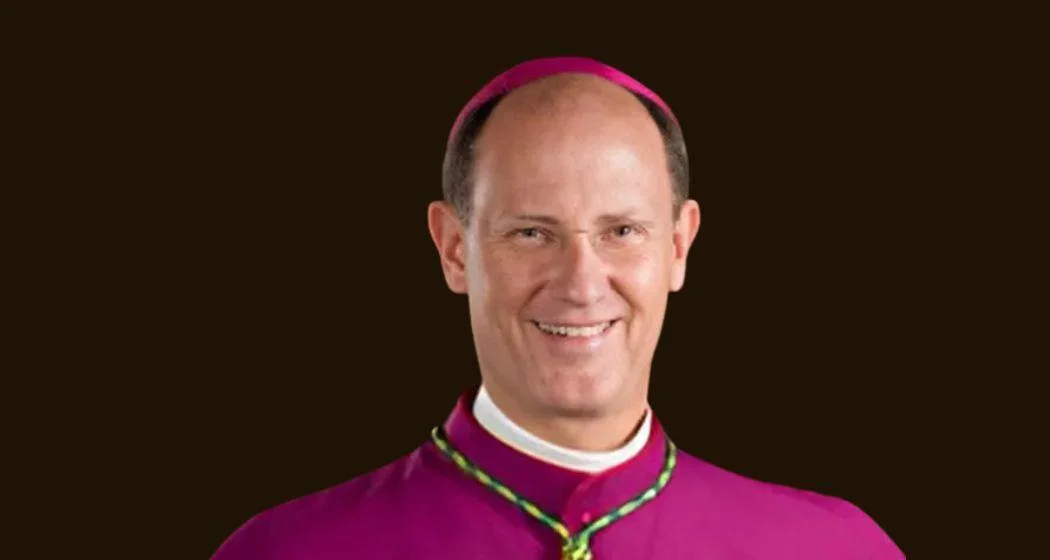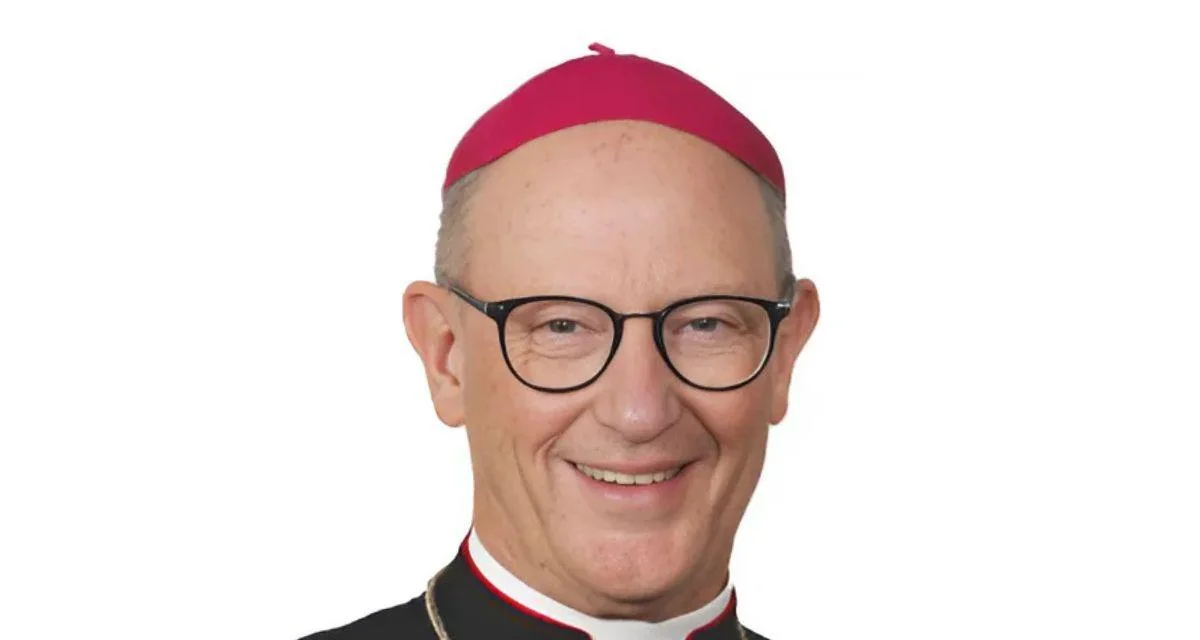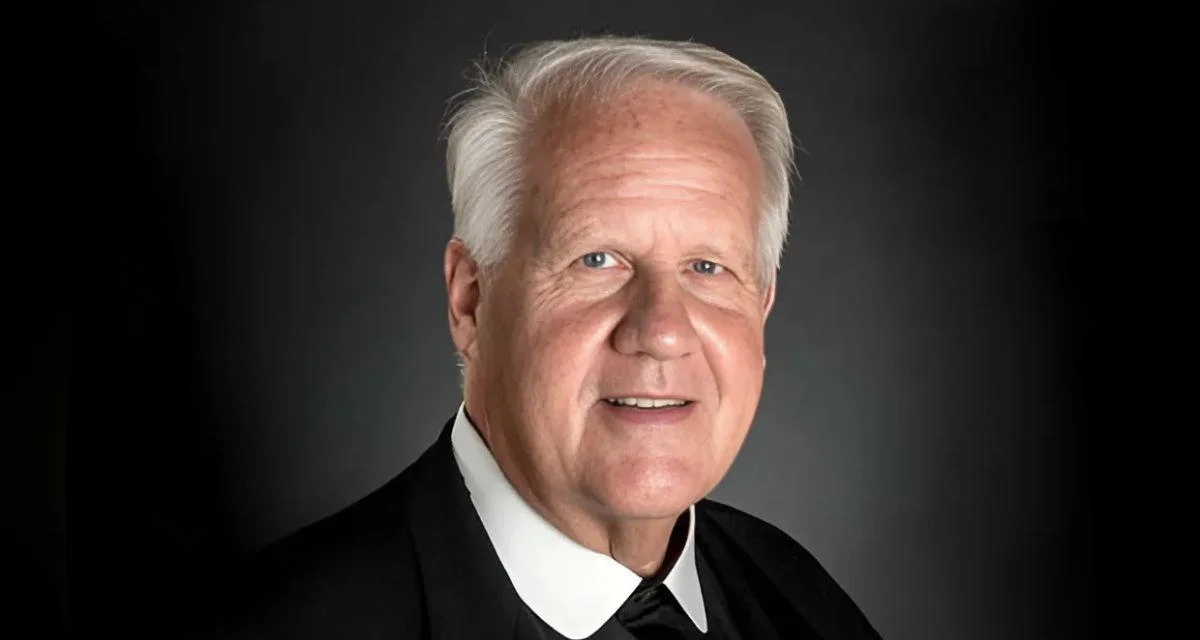
Bishop Thomas John Paprocki | Diocese of Springfield
Nurses and doctors often face distressing situations as they witness the dying process of their patients. This can include unsettling physical changes and sounds. The question arises: where is the dignity in such a death?
Margaux Killackey offers an insight, stating, “All flesh will harden and turn to dust. If we judge from appearances, this is an ugly picture.” However, she suggests that by looking beyond the physical aspects, one can find a "death well-died."
A "death well-died" may naturally stem from a "life well-lived," characterized by strong connections with family, friends, and God. Mother Teresa highlighted the importance of dying surrounded by love, saying, “Death with dignity is to die with grace, in the knowledge that [you] are loved.”
As debates continue over physician-assisted suicide and euthanasia legalization, some argue these actions contradict true dignity in death. A British group advocating for assisted suicide calls itself the “Campaign for Dignity in Dying,” yet opponents argue that suicide cannot be dignified.
Data from Québec indicates 70% of those choosing euthanasia cited "loss of dignity" as a reason. Critics warn against societal acceptance of this contradiction and stress the need for compassionate care instead.
Mother Teresa's work exemplifies this approach. She cared for destitute individuals at her Home for the Dying in Calcutta until their passing. Her efforts allowed them to experience a dignified death surrounded by love.
The Vatican's 2024 document Infinite Dignity asserts that suffering does not diminish one's inherent dignity but can strengthen communal bonds.
Father Tadeusz Pacholczyk emphasizes that accepting physician-assisted suicide and euthanasia undermines human dignity by denying necessary care to vulnerable individuals.
Father Pacholczyk holds a neuroscience doctorate from Yale and serves as Senior Ethicist at The National Catholic Bioethics Center in Philadelphia.



 Alerts Sign-up
Alerts Sign-up